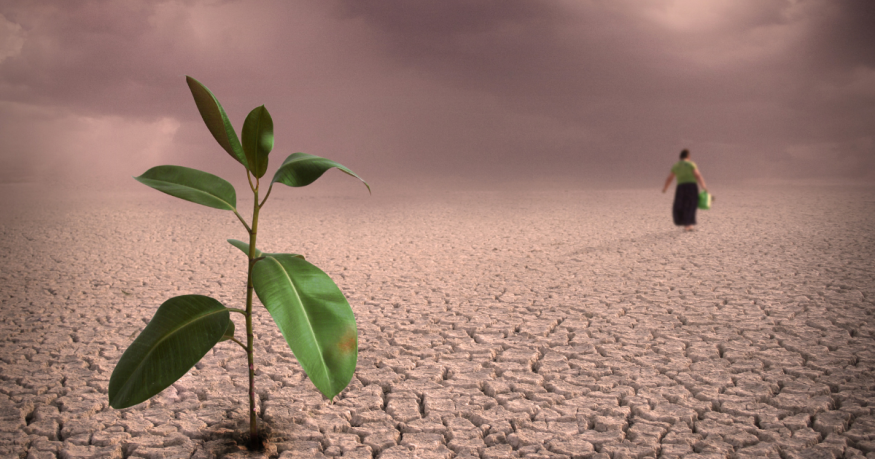
As concerns about the impacts of climate change continue to rise, so too does the toll it takes on mental health.
The convergence of environmental crises and the incessant bombardment of negative news has led to heightened feelings of anxiety and distress among many people worldwide.
Recognizing the urgent need to address this issue, experts stressed the importance of prioritizing self-care and adopting effective coping strategies to safeguard mental well-being.
A recent study conducted by the National Institute for Health Care Management (NICHM) revealed alarming statistics, indicating that a significant portion of the global population experiences anxiety and fear regarding climate change.
With 61% reporting feelings of anxiety and 67% expressing fear, it's evident that the psychological impact of environmental issues cannot be overlooked.
Drawing attention to the detrimental effects of constant exposure to negative news, experts emphasize the need to regulate information consumption.
The phenomenon of "doomscrolling" on social media platforms exacerbates feelings of helplessness and despair, perpetuating a cycle of anxiety.
To counteract this, people are encouraged to set limits on screen time, unfollow sources of distressing content, and focus on positive actions within their control according to Earth.org.
Moreover, adopting a proactive approach to self-care entails shifting the focus from overwhelming global challenges to tangible, individual contributions.
By engaging in activities that promote personal well-being and environmental stewardship, people can regain a sense of agency and purpose.
Whether it's cultivating green spaces, reducing personal carbon footprints, or advocating for sustainable practices in their communities, every effort contributes to collective resilience.
Reconnecting with nature emerges as a cornerstone of mental health preservation amid climate concerns.
Spending time outdoors, even in urban environments, has been shown to alleviate stress and improve overall well-being.
Simple activities such as walking in local parks, gardening, or practicing mindfulness amidst natural surroundings offer respite from the relentless cycle of negative news.
Finally, prioritizing physical health and safety during extreme weather events is paramount.
With rising temperatures and increasingly frequent natural disasters, everyone must take precautions to mitigate risks and ensure their well-being.
From staying hydrated and seeking shelter during heatwaves to adhering to safety protocols during storms, proactive measures safeguard both physical and mental health.
In essence, protecting mental health amid climate change requires a multifaceted approach that encompasses self-care, community engagement and environmental stewardship, according to experts.
